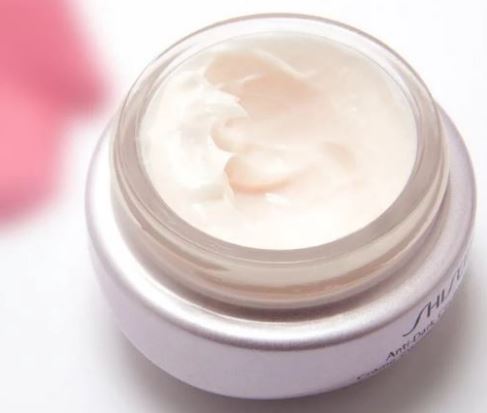It’s an invention that should surprise the anti-wrinkle cream users. American scientists at the famous MIT General Hospital in Boston developed a cream called “revolutionary”. It can make wrinkles disappear and give a “second skin” effect. The product, which is applied in a layer over the entire face, tightens the epidermal tissues. The product, a silicone polymer, could also have therapeutic applications.

It is an invisible layer that can act as a barrier and bring cosmetic improvements,” explains Professor Daniel Anderson, co-author of the study published in Nature Materials magazine. It will be possible to use it to apply local treatments.
A novelty in cosmetics
The silicon-based product is applied in two steps, explains one of its inventors in a video. First, a gel, similar to a cream, is applied to the skin. Then a catalyst allows the gel to form an invisible film. Instantly, the skin of the face regains its firmness, elasticity and soft appearance. This effect is particularly visible under the eyes. Its effectiveness lasts almost 24 hours. A real alternative to anti-wrinkle products and cosmetic surgery, the product is the result of long experimentation. The development took almost 10 years, and researchers say they have tested a hundred polymers. Creating a product that behaves like the skin is extremely difficult,” explains Barbara Gilchrest, a dermatologist and co-author of the study. Many people have tried, but the cosmetic products discovered so far were not flexible and were uncomfortable or irritating. ». So far, no side effects have been identified by researchers claiming that this cream is safe.
A therapeutic objective
Besides the “aesthetic miracles” that this cream produces, researchers and the Olivo laboratory — associated to the study — are interested in focusing on its therapeutic properties. If marketed, the product will be exclusively dedicated to the treatment of certain skin diseases, such as eczema and psoriasis. In fact, clinical trials conducted by researchers have shown that the cream is particularly effective at preventing and avoiding water loss from the epidermis.
Reference:
https://news.mit.edu/2016/polymer-temporarily-tightens-skin-drug-delivery-0509



